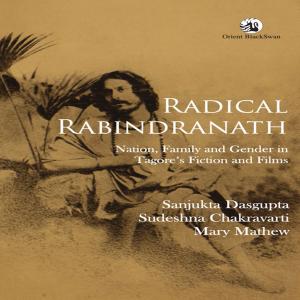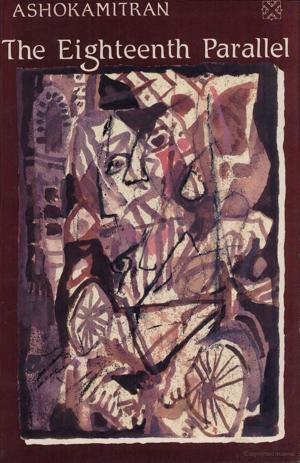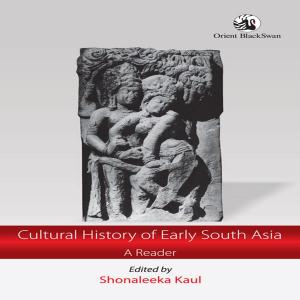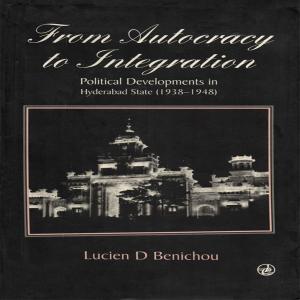| Author: | Parag D. Parobo | ISBN: | 9788125062721 |
| Publisher: | Orient Blackswan Private Limited | Publication: | January 24, 2017 |
| Imprint: | Language: | English |
| Author: | Parag D. Parobo |
| ISBN: | 9788125062721 |
| Publisher: | Orient Blackswan Private Limited |
| Publication: | January 24, 2017 |
| Imprint: | |
| Language: | English |
Goa features in academic and popular discourse as a place of exceptions, contrary in several ways to national trends. Along with its small geographical size, Goa’s legacy of Portuguese colonialism is often cited as the leading reason behind its character. However, such explanations disregard its complex history and fail to address one of its most important distinctions: the fact that it brought to power in the Assembly elections of 1963, a government driven by the Bahujan Samaj; the first of its kind in India. This government was headed by Chief Minister Dayanand Bandodkar, a lower caste mine owner and philanthropist, whose popularity continued to wax over the next decade. Parag D. Parobo tackles the question of Goan exceptionalism in India’s First Democratic Revolution, focusing not solely on its Portuguese past, but rather on the variety of influences that shaped modern Goa. Central to this issue are the comparatively little explored story of caste-based land and power relations in pre-colonial and early colonial Goa; emerging caste movements and identity politics among both upper castes and lower castes in the nineteenth and twentieth centuries; and the interactions of caste politics with competing colonialisms, both Portuguese and British.Parobo traces the history of land relations and caste movements into the post-Liberation period of Bandodkar’s far-reaching land reforms, which destroyed the centrality of land in power-privilege relations, liberated lower caste tenants from crippling dependence on landlords, and opened up new employment opportunities for the Bahujan. Accompanied by substantial investments in education and health, they ushered in greater equity and democratisation. Goa, therefore, scripted a distinctive story of Bahujan success. This volume explores that history, and its implications for Bahujan politics in India.
Goa features in academic and popular discourse as a place of exceptions, contrary in several ways to national trends. Along with its small geographical size, Goa’s legacy of Portuguese colonialism is often cited as the leading reason behind its character. However, such explanations disregard its complex history and fail to address one of its most important distinctions: the fact that it brought to power in the Assembly elections of 1963, a government driven by the Bahujan Samaj; the first of its kind in India. This government was headed by Chief Minister Dayanand Bandodkar, a lower caste mine owner and philanthropist, whose popularity continued to wax over the next decade. Parag D. Parobo tackles the question of Goan exceptionalism in India’s First Democratic Revolution, focusing not solely on its Portuguese past, but rather on the variety of influences that shaped modern Goa. Central to this issue are the comparatively little explored story of caste-based land and power relations in pre-colonial and early colonial Goa; emerging caste movements and identity politics among both upper castes and lower castes in the nineteenth and twentieth centuries; and the interactions of caste politics with competing colonialisms, both Portuguese and British.Parobo traces the history of land relations and caste movements into the post-Liberation period of Bandodkar’s far-reaching land reforms, which destroyed the centrality of land in power-privilege relations, liberated lower caste tenants from crippling dependence on landlords, and opened up new employment opportunities for the Bahujan. Accompanied by substantial investments in education and health, they ushered in greater equity and democratisation. Goa, therefore, scripted a distinctive story of Bahujan success. This volume explores that history, and its implications for Bahujan politics in India.















